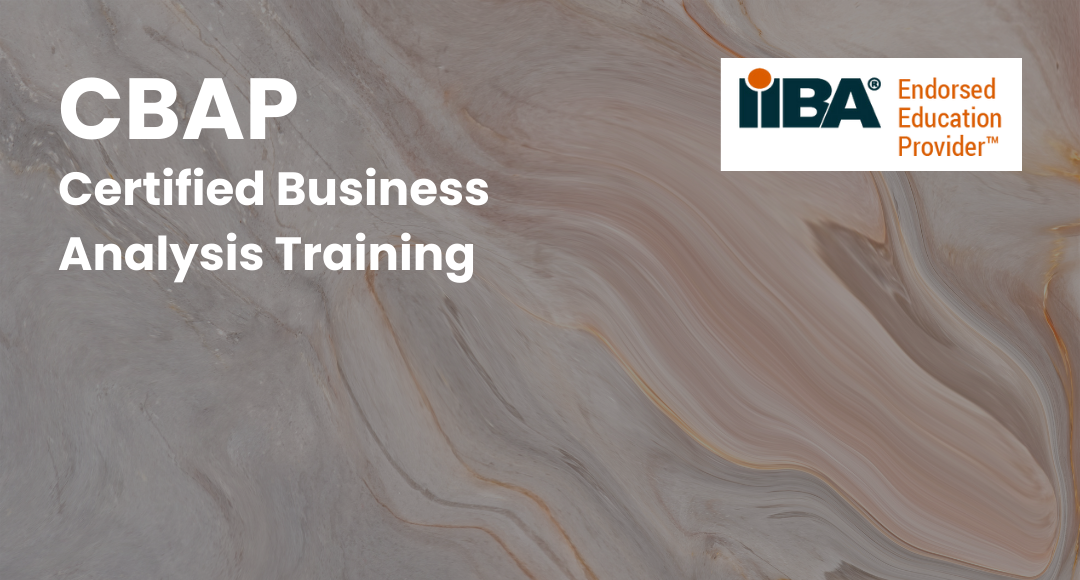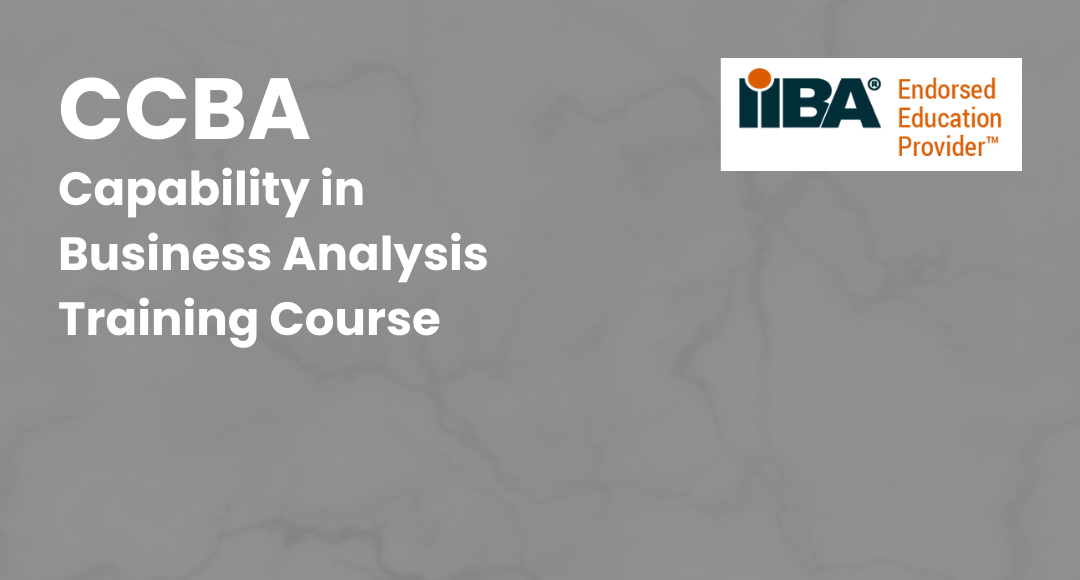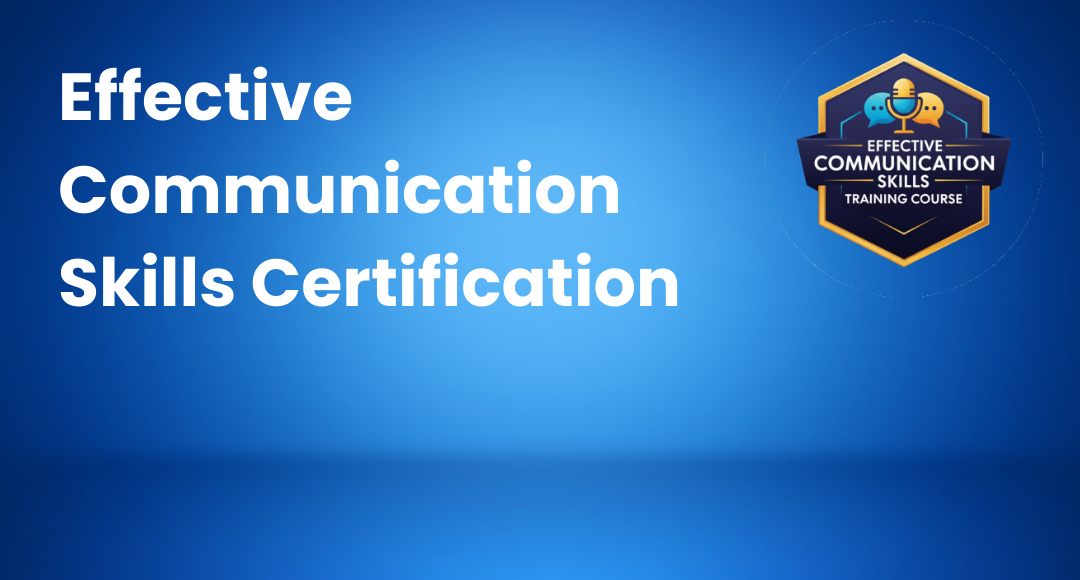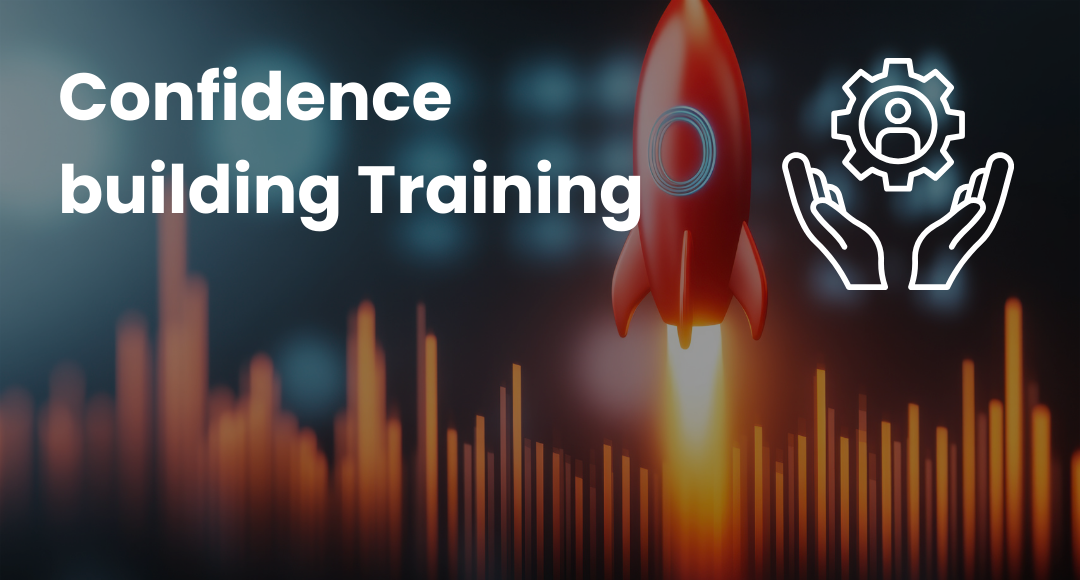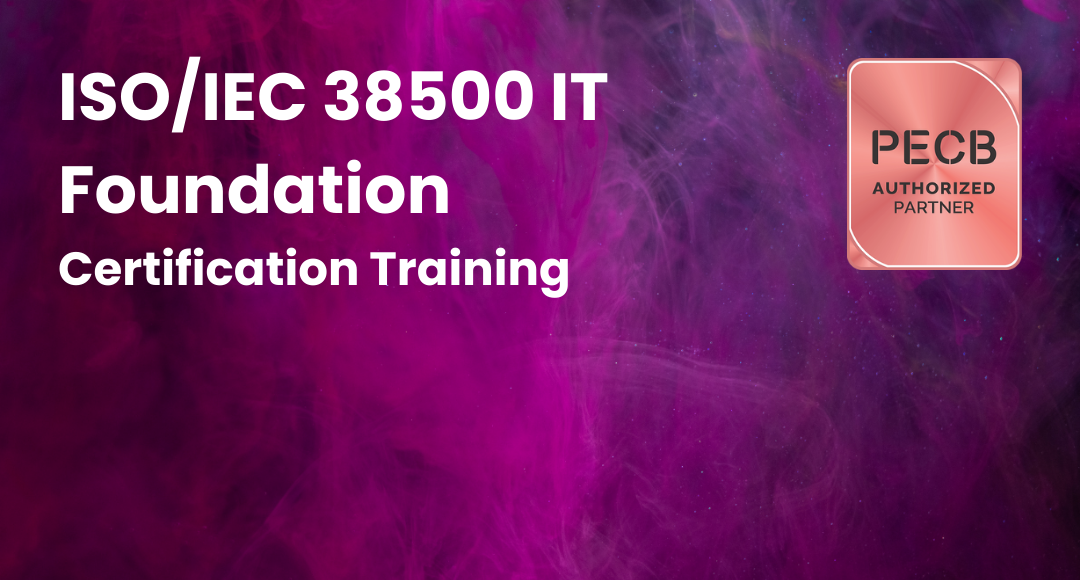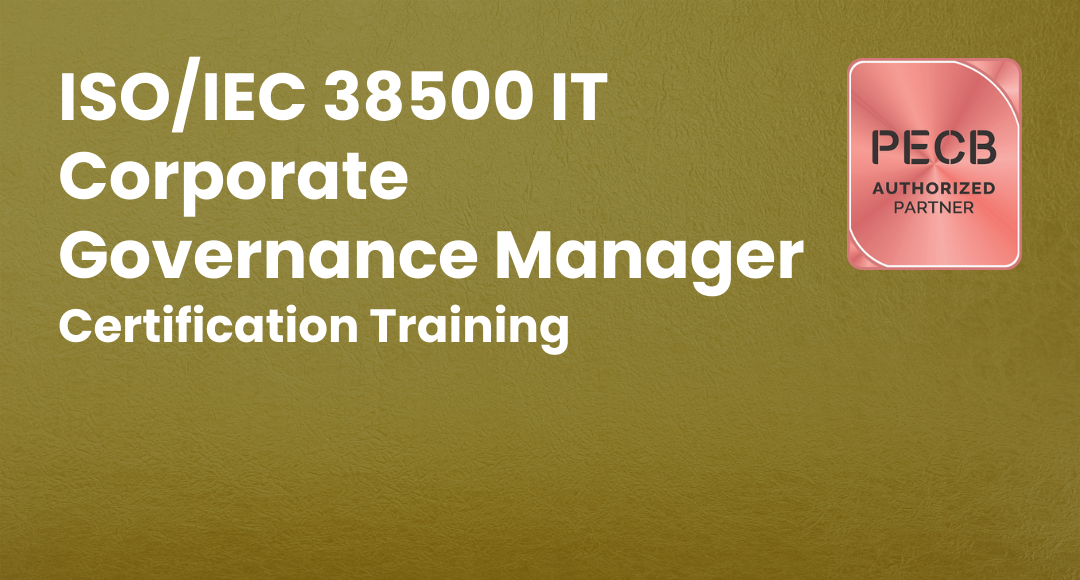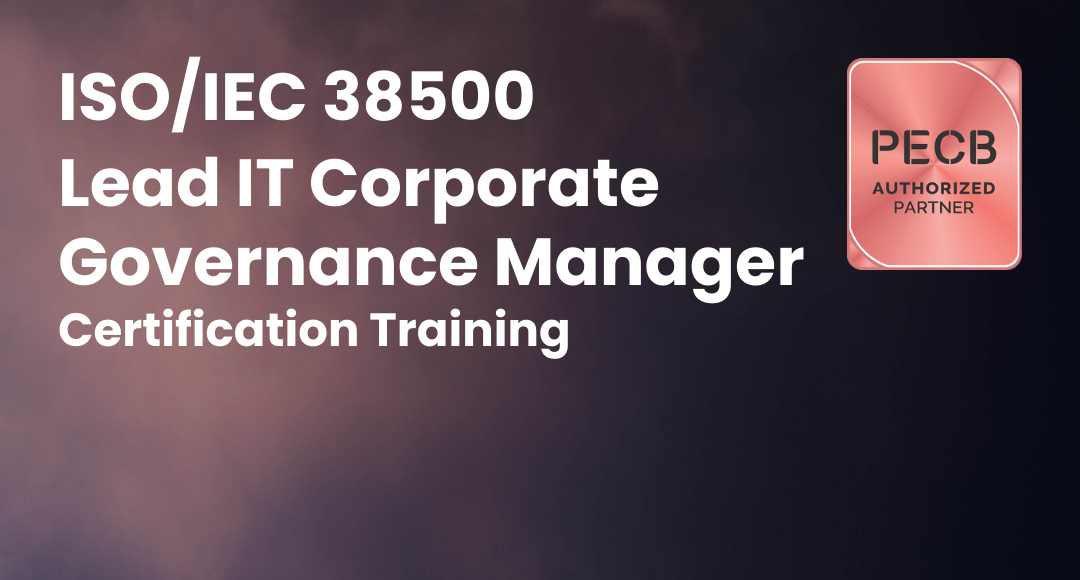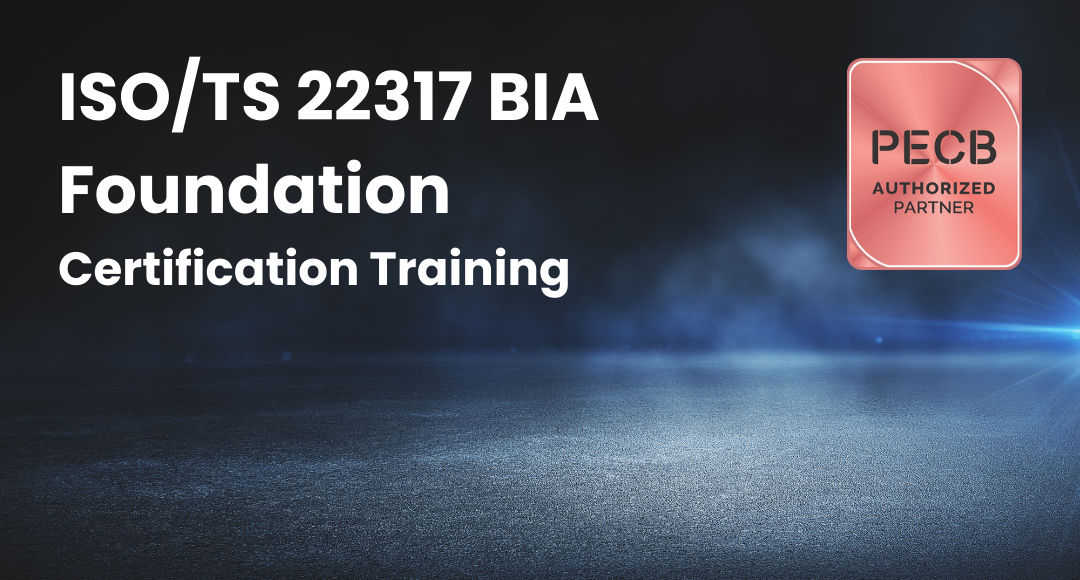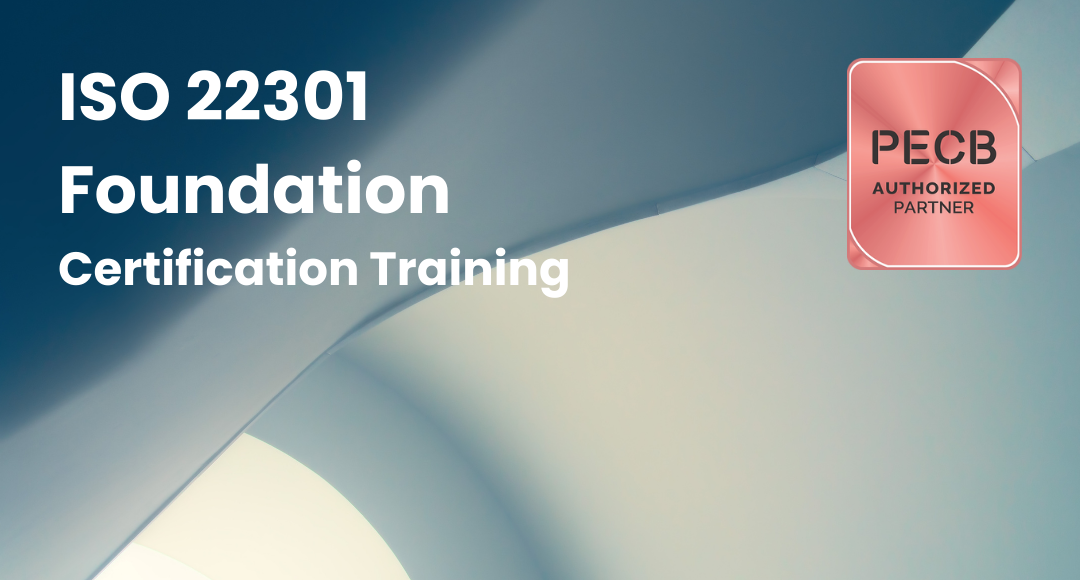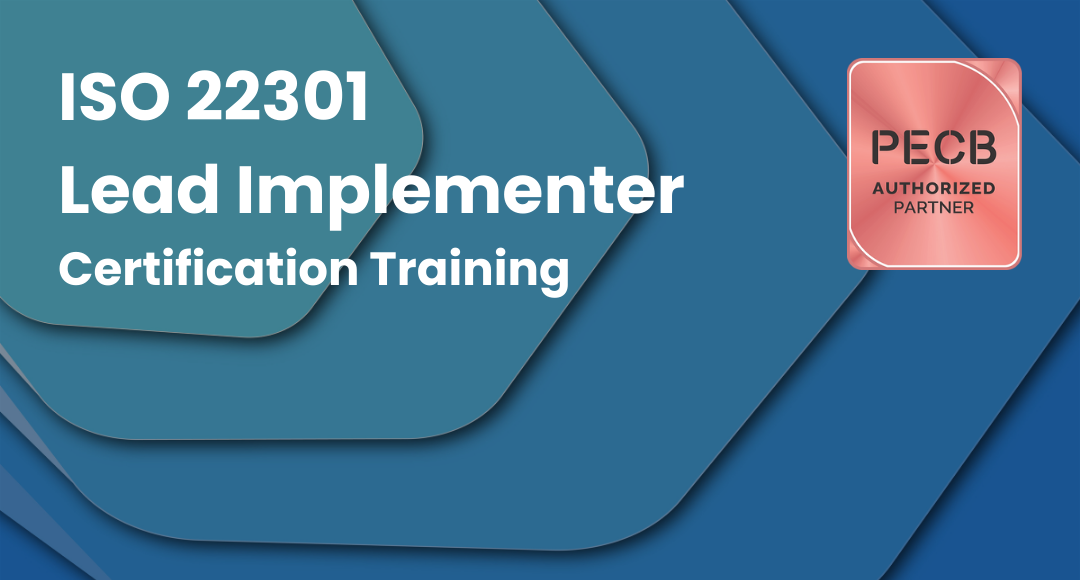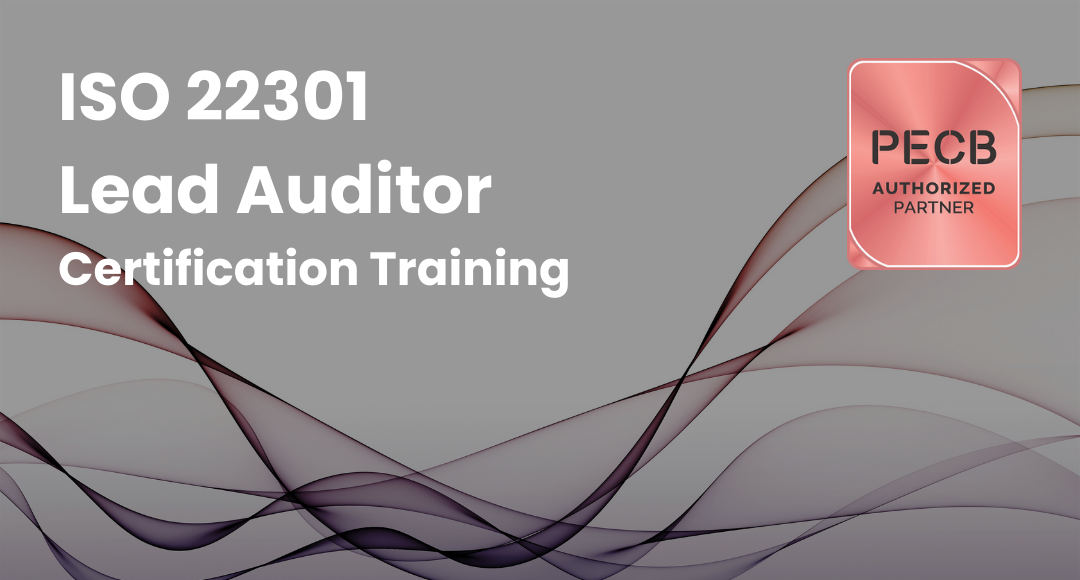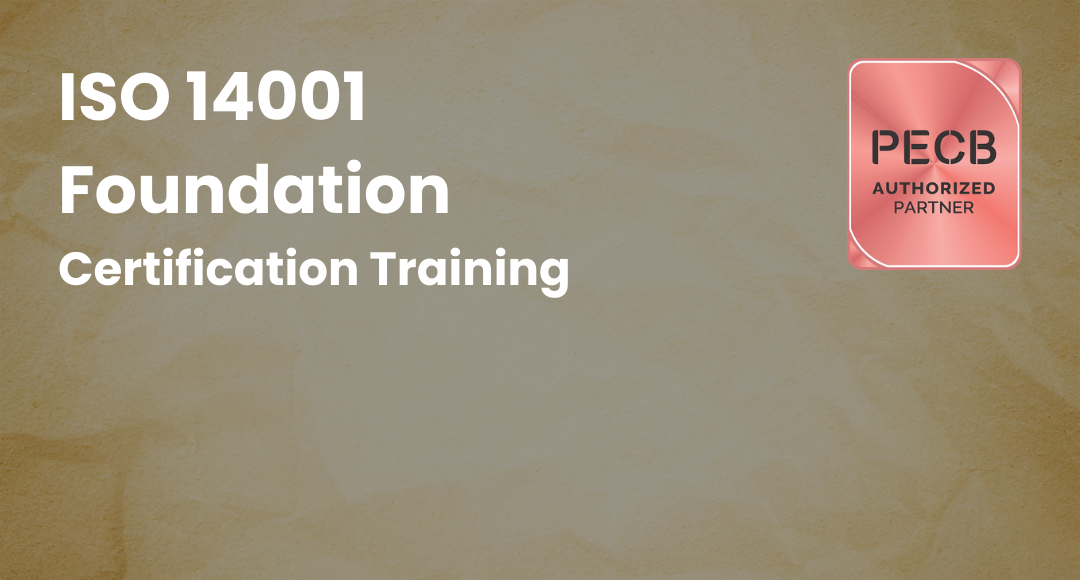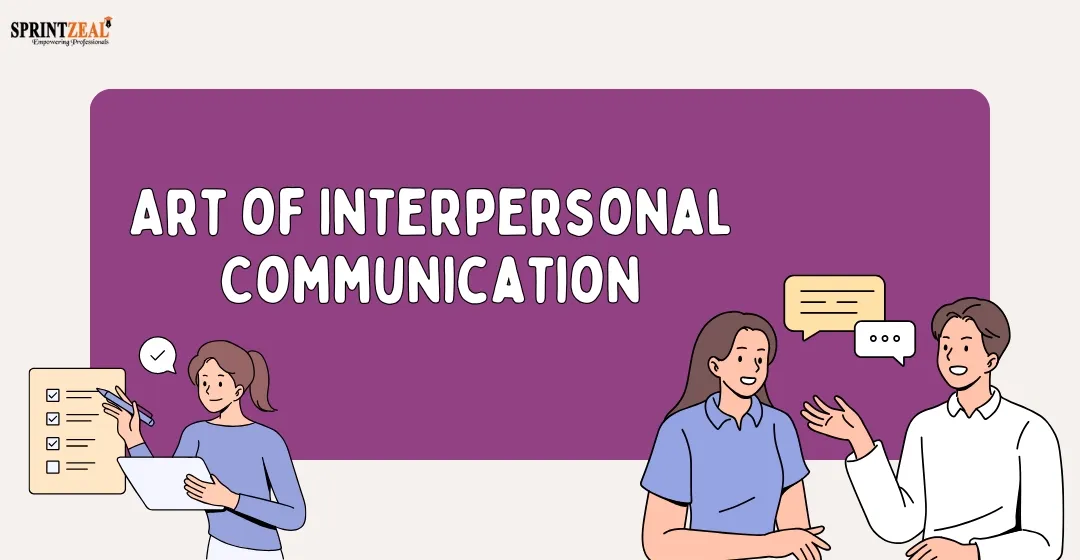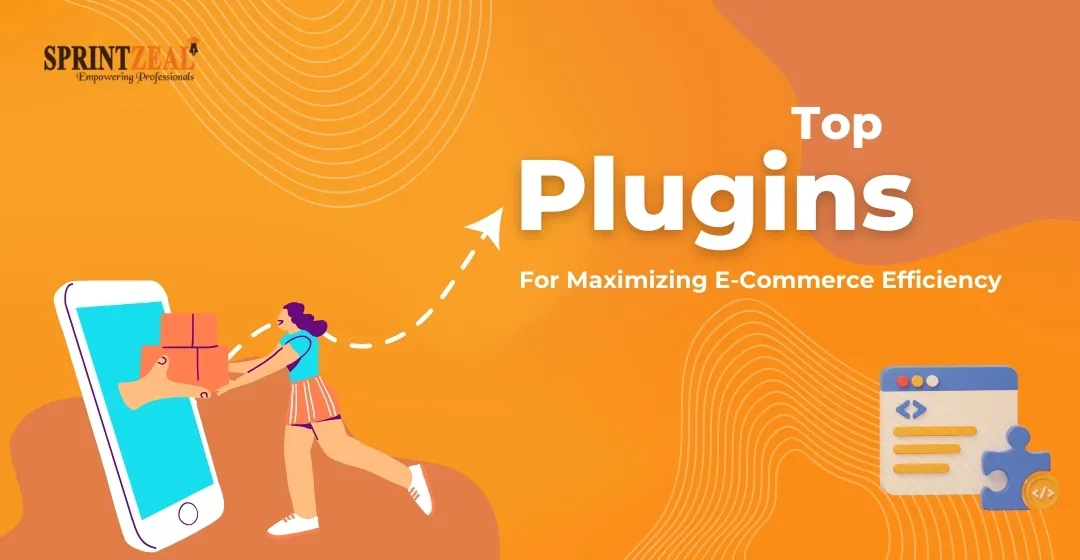How Does Personalization Impact Cold Email Success?
-
 By Sprintzeal
By Sprintzeal - Published on Jun 6 2025

In today's saturated inbox environment, standing out from the crowd has never been more critical for email marketers. With the average person receiving around 100 emails daily, your message needs something special to capture attention.
Campaign Monitor’s recent study found that emails that are personalized lead to 6 times greater conversions than email messages that are not.
As more emails clog inboxes, marketers are relying more on ways to personalize their messages, unlike the hit-and-miss approaches of years back.
Table of Contents
The Science Behind Personalized Cold Emails
Learning about personalization will allow you to design better marketing initiatives. First, we should look into why personalization has such a strong effect on us, a topic often explored with an advanced email API.
The Dopamine Effect of Personalization
When someone sees their name or relevant details about themselves in a message, it triggers a small dopamine release in their brain. This chemical reaction creates positive associations with your message right from the start. The cold email personalization goes beyond just using someone's name – it's about creating that moment of recognition that makes recipients feel seen and understood.
Decision-Making Factors in Email Engagement
Recipients make split-second decisions when scanning their inbox. Personalized elements serve as pattern interrupts that catch their attention amid the sea of generic messages. Studies show that recipients are 26% more likely to open emails with personalized subject lines compared to generic ones.
Conversion Rate Impact
Evidence shows that personalization plays a big role in boosting overall performance. Feeling the email is personal for them makes prospects more willing to engage and turn into customers. Creating this personal bond makes trust possible for a business relationship to flourish.
Studies show that our minds are more likely to respond better to information that seems made just for us. The insight from psychology supports companies in building good personalized email campaigns.
The Three-Tier Personalization Framework for Cold Emails
Not all prospects deserve the same level of personalization effort. A smart approach categorizes your prospects and personalizes accordingly, maximizing both efficiency and effectiveness.
Tier 1: High-Value Prospect Hyper-Personalization
For your most valuable prospects, deep research pays dividends. These VIPs deserve custom-crafted messages that demonstrate genuine understanding of their specific situation. Techniques include:
- Referencing recent interviews or articles they've published
- Connecting your solution to their publicly stated business goals
- Mentioning mutual connections or shared experiences
A financial services company using this approach saw a 300% increase in response rates from C-suite executives at Fortune 500 companies. The key was spending 15-20 minutes researching each prospect before crafting a unique message.
Tier 2: Mid-Value Prospect Smart Personalization
For your mid-tier prospects, balance customization with efficiency using semi-automated research methods. These prospects warrant thoughtful personalization, but within reasonable time constraints.
Effective techniques include:
- Industry-specific pain points backed by sector research
- Company milestone mentions (funding rounds, expansion announcements)
- Relevant case studies from similar companies in their space
One B2B software company reported 150% better results when they moved from generic templates to this middle-ground approach for their target market segment.
Tier 3: Scale-Friendly Basic Personalization
Even at scale, some personalization is essential. For lower-value prospects or large-volume campaigns, focus on these core elements:
- Correct first name and company name
- Basic industry relevance in your value proposition
- Location-specific references when applicable
A key finding: even this minimal level of personalized cold email effort consistently outperforms completely generic approaches by 40-50%.
The right framework allows you to invest your personalization resources where they'll have the most impact. Next, let's explore techniques that go beyond the basics.
Personalization Beyond Name Tags: Advanced Techniques
True effective cold emailing strategies look beyond simply adding someone's name to a template. Let's explore sophisticated approaches that create genuine connections.
Social Intelligence Personalization
Social platforms provide rich sources of personalization material when used thoughtfully.
LinkedIn offers professional insights like:
- Recent career moves or promotions
- Content they've published or engaged with
- Professional groups and interests
Twitter often reveals personal interests and opinions that can help establish rapport. The key is finding authentic connection points without crossing into "creepy" territory.
Successful practitioners report that acknowledging a prospect's professional achievements in your opening line can increase response rates by up to 30%.
Company-Specific Personalization Tactics
Organizational context provides powerful personalization opportunities that demonstrate you've done your homework.
Effective techniques include:
- Referencing recent company announcements or press releases
- Connecting your solution to their current initiatives
- Mentioning industry challenges specific to their market position
This approach positions you as someone who understands their business context, not just another salesperson blasting out templates.
Behavioral Personalization
Past interactions with your content or website can inform highly relevant personalization.
Methods include:
- Mentioning specific pages they've visited on your site
- Referencing content they've downloaded or engaged with
- Timing outreach based on engagement patterns
This data-driven approach ensures your message aligns with their demonstrated interests.
Advanced personalization techniques require more effort but deliver substantially better results. Let's explore how personalization impacts another critical success factor: deliverability.
Cold Email Personalization and Deliverability Connection
Personalization isn’t just about getting better engagement—it can make the difference between your email landing in the inbox or the spam folder.
How Spam Filters View Personalization
Modern spam filters have grown increasingly sophisticated, analyzing engagement patterns and content markers that indicate mass-sending versus personalized communications.
- Email providers like Gmail track:
- Engagement rates with your previous emails
- Similarity of content across multiple sends
- Personalization markers beyond simple name insertion
Personalized cold emails containing unique elements and natural language are less likely to trigger spam filters than identical messages sent to hundreds of recipients.
The Technical Side of Personalization
Email service providers use sophisticated algorithms to detect personalization levels:
- Natural language patterns that vary between messages
- Unique opening paragraphs and closings
- Custom references that couldn't be part of a mass template
Companies implementing genuine personalization report seeing deliverability improvements of 10-15% on average compared to standardized campaigns.
Future-Proofing Your Deliverability
If spam filters keep improving, businesses will rely more heavily on personalized email messages.
This connection shows that customization helps not only with engagement but also with the chances that your messages are received by your audience. Let’s check the real results of this project.
FAQs
How much personalization is too much?
Finding the balance between personalized and creepy is crucial. Stick to publicly available information and professional contexts. If it would feel awkward to mention something in a first face-to-face meeting, it's probably too much for a cold email.
Should I personalize follow-ups differently from initial emails?
Yes! Each follow-up should reference something from previous communications or add new personalization elements. This builds continuity and shows you're paying attention, not just sending automated sequences.
What personalization techniques deliver the highest ROI?
Industry-specific pain points and direct references to recent organizational changes consistently deliver the strongest results. These show business relevance beyond simple name recognition.
Final Thoughts
Making your cold emails personal really makes a difference. Cold emailing results have shown that making emails more personal helps to open rates, rate of responses and the amount of emails that get through.
For small businesses, this might mean dedicated research time for a handful of high-value targets. For larger organizations, it could involve sophisticated personalization technologies combined with a tiered approach based on prospect value.
Subscribe to our Newsletters
Popular Programs
ISO/IEC 38500 IT Corporate Governance Manager
Live Virtual Training
- 4.8 (650 + Ratings)
- 49k + Learners
ISO/IEC 38500 Lead IT Corporate Governance Manager
Live Virtual Training
- 5 (650 + Ratings)
- 66k + Learners
Trending Posts
The Role of Technology in Scaling a Small Business
Last updated on Feb 19 2025
Mastering the Art of Interpersonal Communication
Last updated on Oct 31 2025
Maximize ROI: Why Quality Video Animation Services Matter
Last updated on Jun 30 2025
11 Best Business Blogs 2026 (UPDATED)
Last updated on Jan 19 2024
Maximizing E-Commerce Efficiency: Top Plugins Every Online Store Needs
Last updated on Apr 29 2025
What is Digital Business? An Introduction
Last updated on Jan 18 2023
Categories
- Other 69
- Agile Management 45
- Cloud Computing 56
- Project Management 172
- Big Data 66
- Business Management 88
- Digital Marketing 78
- IT Service Management 29
- Programming Language 58
- AI and Machine Learning 76
- IT Security 112
- Quality Management 78
- IT Hardware and Networking 25
- Microsoft Program 4
- Workplace Skill Building 13
- Risk Management 9
- Information Security 8
- Leadership and Management 9
- Corporate Training and Development 1
Trending Now
Process Maps - How to Create and Use Them
ebook11 Best Business Blogs 2026 (UPDATED)
ebookCBAP Certification Exam Preparation Guide 2026
ebookBusiness analyst career path in 2026
ebookCCBA Certification Career Transformation Guide
ebookUpdated Business Analyst Interview Questions and Answers 2026
ebookTop Salesforce Interview Questions and Answers 2026
ebookWhat Is Business Continuity Planning?
ebookBusiness Analysis Certifications 2026
ebookBusiness Process Mapping Guide for Beginners
ebookBusiness Analyst Skills List 2026
ebookWhat is Business Analysis - A Complete Guide
ebookRemote Working Methods for 2026
ebookBest Business Analytics Tools in 2026
ebookWhat is Salesforce? A Beginner's Guide
ebookWhat is Digital Business? An Introduction
ebookBusiness Analyst Job Requirements - Qualifications and Skills
ebookBusiness Analyst Job Profile – Role, Skills and Challenges
ebookTypes of Business Analyst Roles in 2026 – Responsibilities and Earnings
ebookBusiness Analyst Qualifications and Skills in 2026
ebookBusiness Analyst Career Road Map Explained
ebookHow to Become a Business Analyst: Step-by-Step Guide
ArticleBusiness Analyst Job Description - Key Role and Responsibilities
ebookBusiness Analyst Career Guide 2026
ebookWhy Become a Business Analyst in 2026: Top Reasons and Scope
ArticleFundamentals of Business Impact Analysis (BIA): Best Practices to Implement
ArticleBenefits of ISO 26000 for Strengthening Business Continuity
ebookThe Essential Guide to ISO Standards in Business Management
ArticlePrinciples of ISO 14001 Foundation
ArticleUnderstanding ISO/IEC 38500 IT Foundation and its application
ArticleTop Professional Business Certifications Trending in 2026
ArticleSteps to Implementing ISO 22301 Foundation: A Complete Guide
ebookUnderstanding ISO 37101 Foundation and Its Role in Sustainable Development
Article7 Core Principles of ISO 26000: A Guide to Ethical Organizational Practices
ebookThe Reason For The Fall Of BlackBerry
ArticleGoogle and Innovation: What Makes it Most Innovative?
ArticleBest Business Analysis Books You Need to Read in 2026
ArticleWhat is MBA in HR: Overview, Scope and Benefits
ArticleHow to Become a Product Manager: A Step-by-Step Guide
ArticleWhy Reliance Industries is a Global Giant?
ArticleTata Growth and Global Success: Best Lessons and Their Impact
ArticleMost Sold Ford Car: Global Rankings and Success Insights
ArticleHow Disney's Success Story Became a Global Entertainment Powerhouse?
Article4 Proven Approches to Build a Strong LinkedIn Community
ArticleHow to Write an Executive Summary for a Business Plan?
ArticleEssential Business Tools Every Female Founder Should Have
ArticleThe Role of Technology in Scaling a Small Business
ArticleMastering Student Finances with AI: The Ultimate Guide for Comfortable Living
ArticleBusiness Automation: Reshaping Modern Enterprises
ArticleThe ROI of Automated Invoice Processing: What Can Your Company Save?
ArticleCareer Opportunities After a Distance MBA in India
ArticleModeling Business Processes in Law Firms: Optimization Through Modern Technologies
ArticleBoosting E-Learning Visibility with SEO and Video Translation Strategies
ArticleBuild a Store That Sells: E-commerce Essentials Explained
ArticleMaximizing E-Commerce Efficiency: Top Plugins Every Online Store Needs
ArticleMastering Digital Communication: Tools That Redefine Transparency in Teams
ArticleWhat Is HubSpot CRM & Why Should You Choose It For Your Business?
ArticleThe 5 Best Lead Finder Tools for Brand Collaborations
ArticleThe Complete Guide to Bootstrapping Your SaaS
ArticleHow to Build a One-Person Business Like a Team of Ten? Bloggervoice
ArticleMaximize ROI: Why Quality Video Animation Services Matter
Article6 Digital Tools Every Solo Founder Should Be Using by Now
ArticleHandle Sales, Tax, and Inventory Seamlessly with Billing Software for PC
ArticleTax Saving Options for Working Individuals in 2026
ArticleHow to Use AI Video Generators and Online Video Translators to Grow an International Audience
ArticleBest Accounting Software For Etsy Bookkeeping
ArticleOutsourcing: Everything You Need to Know
ArticleIn-House vs. Outsourced AI Development: Finding the Right Balance
ArticleAffordable Asset Management Software for Small Teams
ArticleFrom Delays to Instant Approvals: The Power of Real-Time Insurance in Labs
Article3 Best Video Meeting Tools to Simplify Remote Work and Hybrid Teams
Article5 Top Accounting Software Options for Construction Firms
Article5 Best Debt Collection Tools for Faster Payments and Scalable Growth
ArticleWhy Manufacturers Should Invest in Both Machines and People
ArticleMBA Interview Questions and Answers Guide 2026
ArticleTop 7 Tools for WhatsApp And HubSpot Integration in 2026
ArticleThe Future of Networking and CRM: Building Stronger Business Connections
ArticleThe Best 3D Architectural Rendering Companies
ArticleMastering Your Sales Funnel to Maximize Every Conversion
ArticleMastering the Art of Interpersonal Communication
ArticleITAM and Finance: Depreciation, GL Mapping, and Audit-Ready Records
Article8 Best Cost-Effective ISO 27001 Compliance Solutions for 2026
ArticleWhy Your Business Really Needs a Shopify Consultation
ArticleTurning workforce data into actionable insights
ArticleSteps to Become an Investment Banker—Skills & Career Guide
ArticleBusiness Loan Comparison Calculator: How to Pick the Right Financing in Minutes
ArticleWhy Manual Accounts Payable Fails at Enterprise Scale—and How Automation Performs
Article